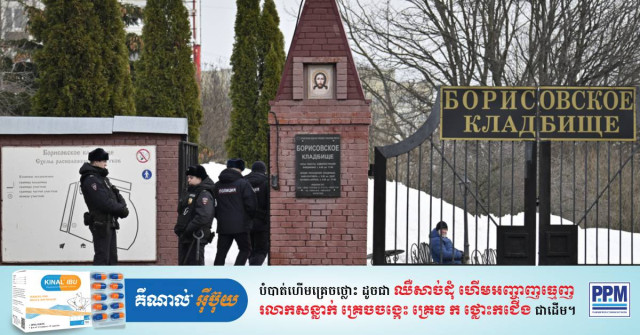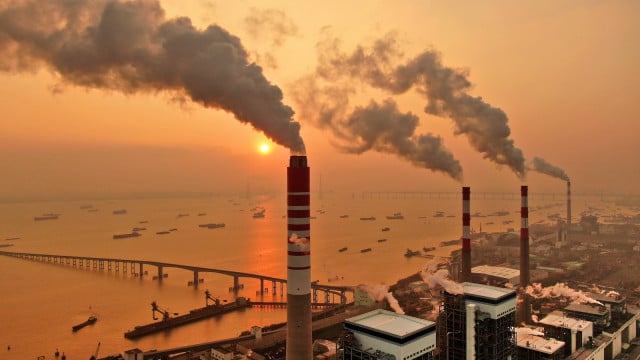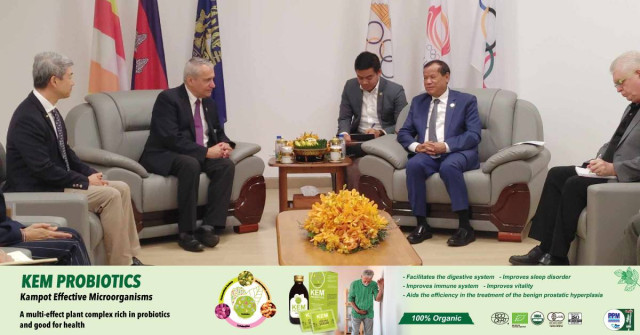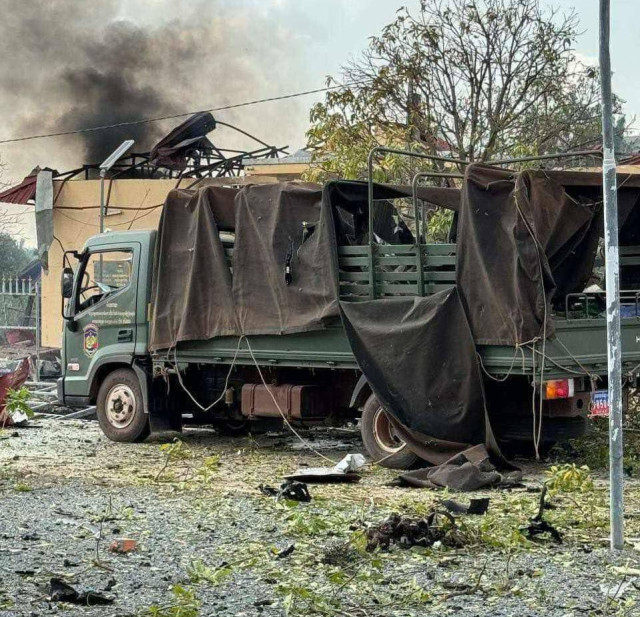Zelenskyy Takes Center Stage in Davos as He Tries to Rally Support for Ukraine's Fight
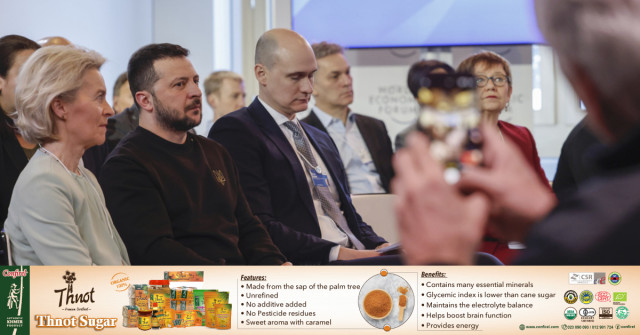
- By Associated Press (AP)
- January 16, 2024 5:15 PM
DAVOS, Switzerland — Ukrainian President Volodymyr Zelenskyy is headlining a frenzied first full day of the World Economic Forum's annual meeting in the Swiss ski resort of Davos, where top officials from the United States, the European Union, China, the Middle East and beyond also will be prominent Tuesday.
Zelenskyy will endeavor to keep his country's long and largely stalemated defense against Russia on the minds of political leaders, just as Israel's war with Hamas, which passed the 100-day mark this week, has siphoned off much of the world's attention and sparked concerns about a wider conflict in the Middle East.
Tuesday's activities got rolling with a dizzying array of subjects in rooms at the Davos conference center, where discussions tackled issues as diverse as innovation in Europe, the economic impact of generative AI, corporate support for clean technologies and the interest-rate environment.
Conversations with the prime ministers of Qatar and Jordan will bookend the day's most visible events, with speeches by Chinese Premier Li Qiang, European Commission President Ursula von der Leyen and U.S. national security adviser Jake Sullivan in between.
Qatar's prime minister, Sheikh Mohammed bin Abdulrahman Al Thani, said concentrating on attacks on ships in the Red Sea by Yemen’s Houthi rebels — which have spurred retaliatory strikes by the U.S. and Britain — was “focusing on the symptoms and not treating the real issue” of Israel’s war on Hamas.
“We should focus on the main conflict in Gaza. And as soon as it’s defused, I believe everything else will be defused,” he said, adding that a two-state solution was required to end the conflict.
Sheikh Mohammed also warned a military confrontation “will not contain” the Houthi attacks.
“I think that what we have right now in the region is a recipe of escalation everywhere,” he added.
Zelenskyy, once reticent about leaving his war-torn country, has recently gone on a whirlwind tour to try to rally support for Ukraine's cause against Russia amid donor fatigue in the West and concerns that former U.S. President Donald Trump — who touted having good relations with Russian President Vladimir Putin — might return to the White House next year following his commanding win in the Iowa caucuses.
On Monday, Zelenskyy made a stop in Switzerland's capital, Bern, where President Viola Amherd pledged her country would start working with Ukraine to help organize a “peace summit” for Ukraine.
Zelenskyy followed that up with his first trip to Davos as president after speaking by video in previous years. He hopes to parlay the high visibility of the event into a bully pulpit to showcase Ukraine's pressing needs, and allies will be lining up: An invitation-only “CEOs for Ukraine” session preceded his afternoon speech.
The corporate chiefs heard “what kind of immediate assistance is needed” and laid out how private and public sectors can help Ukraine rebuild one day, forum organizers say. The session also drew von der Leyen, NATO leader Jens Stoltenberg, German Vice Chancellor Robert Habeck and the U.S. envoy for Ukraine's economic recovery, Penny Pritzker, among others.
Later Tuesday, leaders of some of Ukraine’s key European allies — Lithuanian President Gitanas Nauseda, Dutch Foreign Minister Hanke Bruins Slot and Spanish Foreign Minister José Manuel Albares Bueno — will participate in a session on the “horizons” for Ukraine.
The theme of the meeting in Davos is “rebuilding trust,” and it comes as that sentiment has been fraying globally: Wars in the Middle East and Europe have increasingly split the world into different camps.
While the geopolitical situation has oozed gloom, businesses appear more hopeful — in part from prospects that artificial intelligence can help boost productivity. Leading Western stock indexes shot up in 2023, and falling inflation raised hopes of a decline in interest rates.
The consulting firm PwC, in its 27th annual CEO survey, said economic optimism has doubled among executives over the past year — even if the prospects over the next decade appear less certain. With the pressure from climate change and technology like artificial intelligence, a growing number of executives say they are worried their businesses would not be viable in 10 years without reinvention.
AI is a major topic over the week in Davos, with a key talk by Microsoft CEO Satya Nadella — whose company has invested billions in ChatGPT maker OpenAI — among the sessions planned Tuesday.






